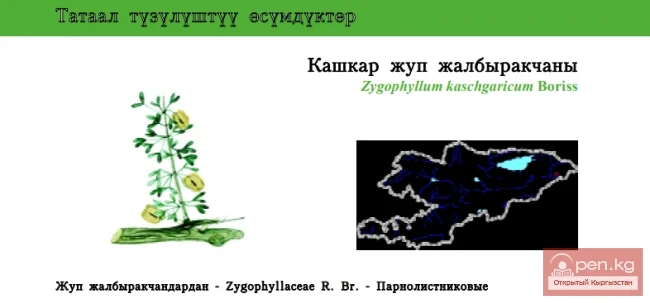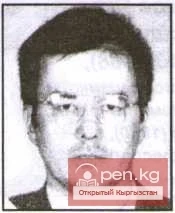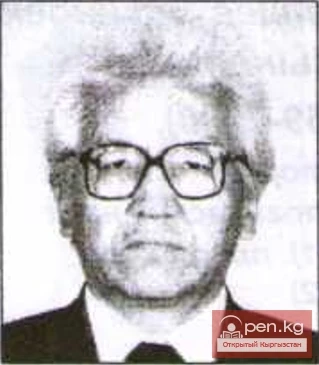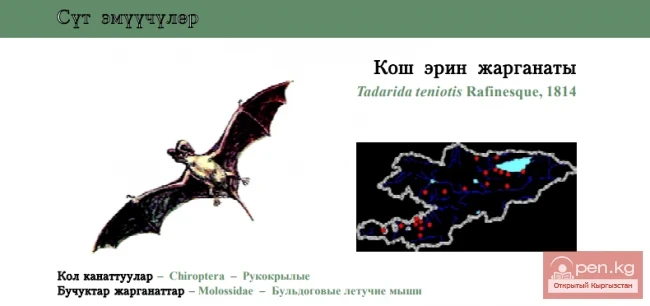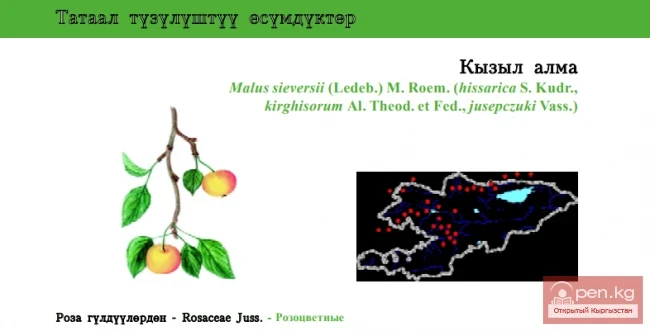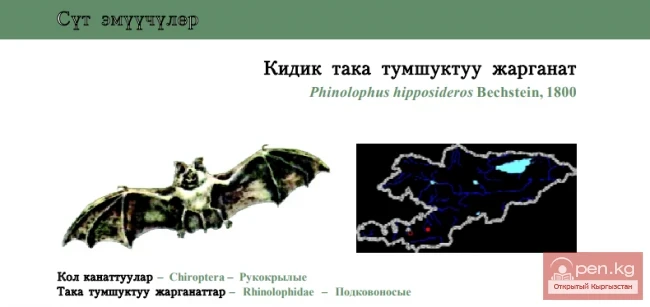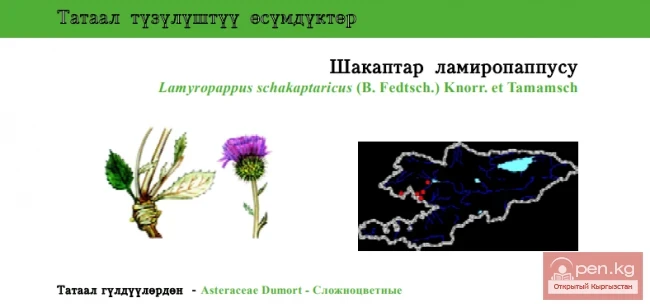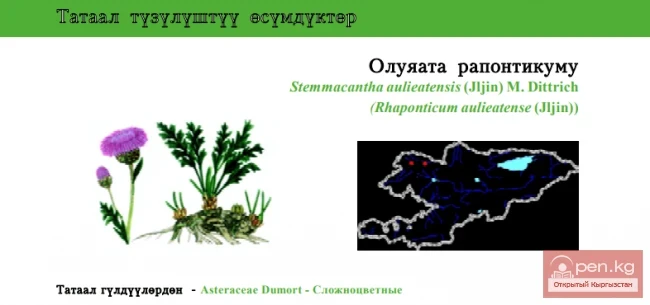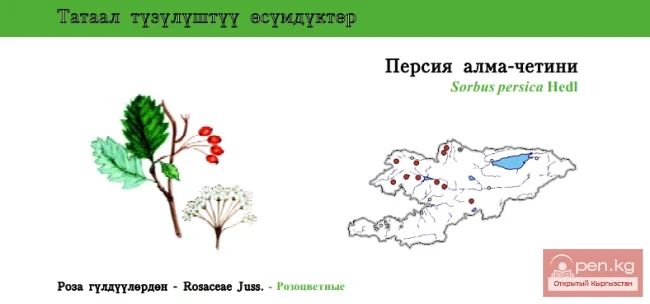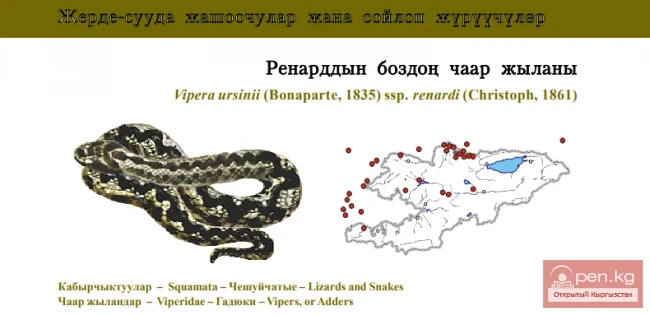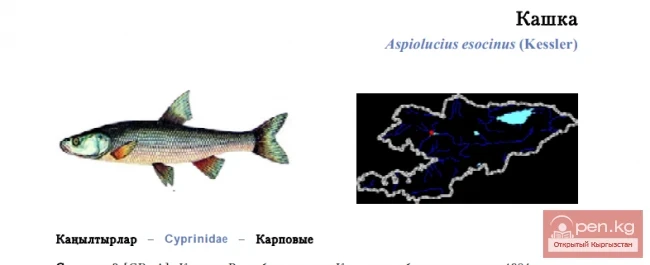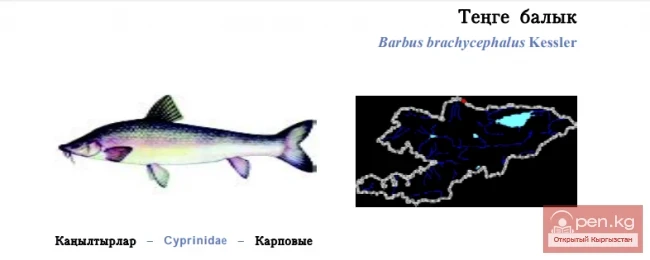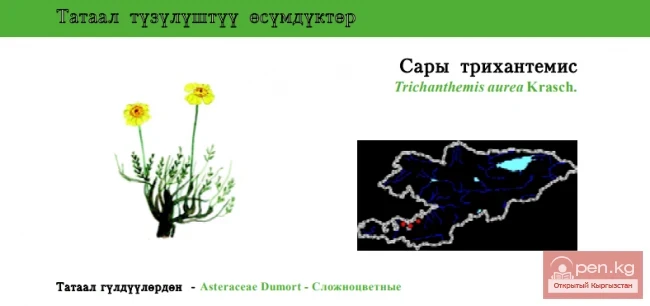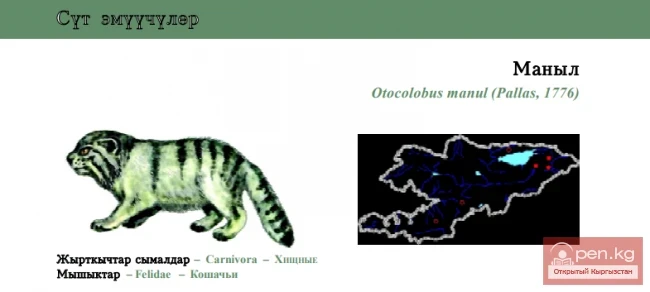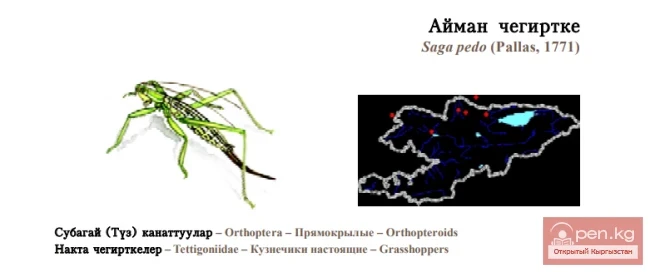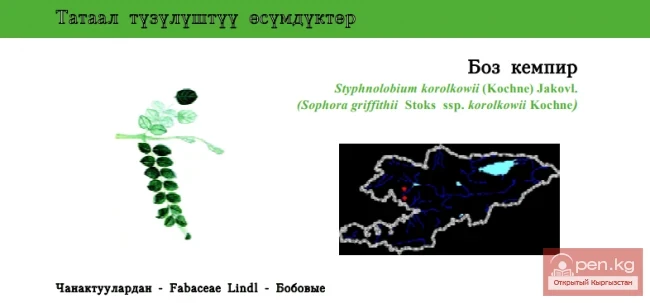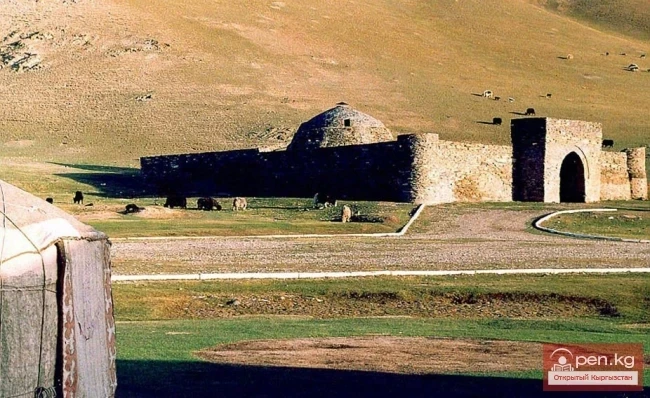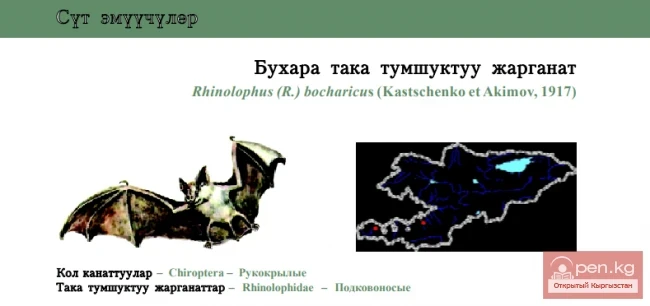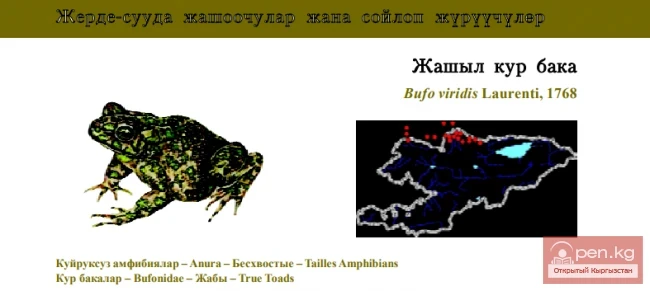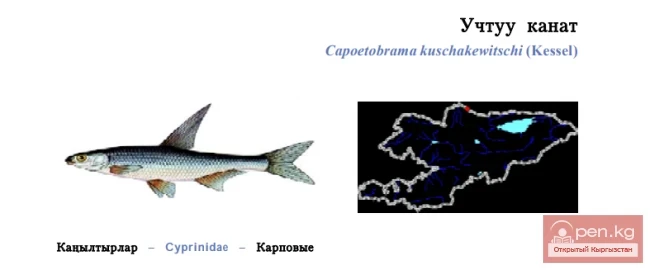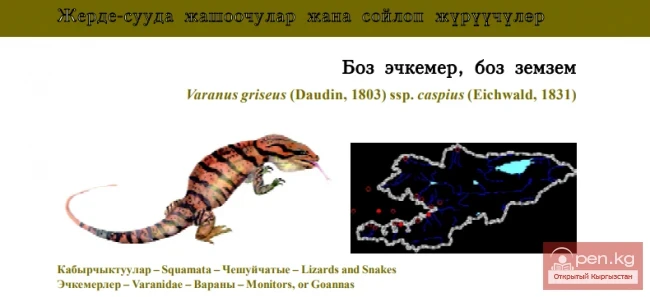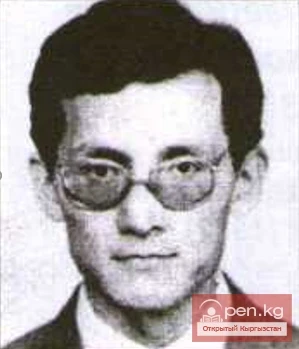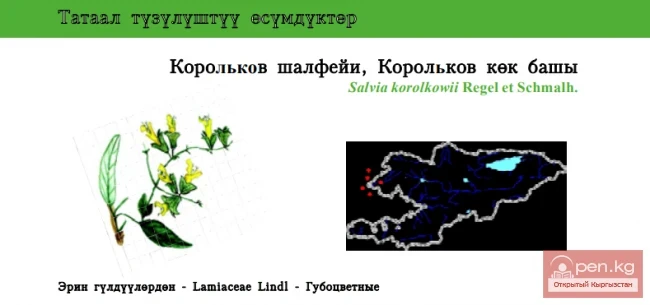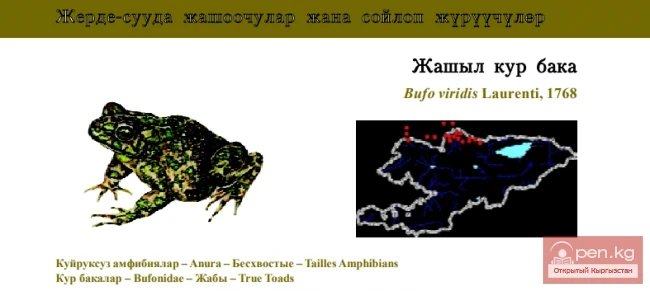FRANCE. French Republic
A country in Western Europe. Area — 551 thousand km². Capital - Paris (2.2 million; the so-called Greater Paris, including suburbs, — 11.2 million), largest cities: Lyon (1.7 million), Marseille (1.5 million), Lille (1.2 million), Toulouse (1 million). Administrative-territorial division — 22 regions and 96 departments in the European part of the country, including the special territorial-administrative unit of Corsica; 4 overseas regions-departments (Guadeloupe, Guyana, Martinique, and Réunion); 3 overseas territories (New Caledonia, French Southern and Antarctic Territories, Wallis and Futuna); special territorial units: Mayotte, Saint Pierre and Miquelon, French Polynesia. Other territories dependent on France: Bassas da India, Clipperton, Europa, Glorioso, Juan de Nova, Tromelin. The basic administrative unit in France is the commune (36,763). Population - about 61.9 million (estimate by the French Institute of Statistics, January 2004; according to the last official census of 1999 - 58.52 million); over 90% - French, including about 4.3 million foreigners (Algerians, Portuguese, Italians, Spaniards, Armenians, etc.). Official language - French. Religion: the overwhelming majority of believers are Catholics, about 1 million - Protestants, about 5 million - Muslims (mainly from North and Central Africa, the Middle East), more than 200 thousand Orthodox, about 600 thousand Buddhists, and others. Currency (since January 1, 2002) - euro.
Has diplomatic relations with the Russian Federation (established with the USSR on October 28, 1924).
National holiday - July 14 - Bastille Day (1789).
France is a republic. The constitution of 1958 (with amendments) is in effect. The head of state is the president (since 1995 - Jacques Chirac, re-elected for a second term on May 5, 2002), elected for a term of 5 years (until 2002, elected for 7 years) by universal direct voting (absolute majority of votes) under a majoritarian system (in 2 rounds). He appoints the Prime Minister and members of the government, presides over the Council of Ministers, and commands the armed forces. The president also has the right to dissolve the National Assembly. The highest legislative body is the parliament, consisting of 2 chambers - the National Assembly (577 deputies, of which 555 are from the metropolis, 22 from overseas departments), elected for a term of 5 years by universal direct and secret voting under a majoritarian system in 2 rounds from single-member districts (the last elections were held in 2002), and the Senate (331 senators in 2004; according to the Senate reform, the number of senators will be gradually increased: in 2007 - to 341, in 2010 - to 346), elected on the basis of indirect voting (the electoral college consists of deputies of the National Assembly, regional, general, and municipal councilors). Since September 2004, senators are elected for 6 years, previously elected senators serve for 9 years until the end of their term. The Chairman of the National Assembly is Jean-Louis Debré, and the Chairman of the Senate is Christian Poncelet.
The government is responsible to the parliament, and it can be subjected to a vote of no confidence by the National Assembly (an absolute majority of votes from all deputies is required). The current government was formed on June 2, 2005, consisting of 32 members. The Prime Minister is Dominique de Villepin (Union for a Popular Movement).
Political parties: Union for a Popular Movement (UPM) — created on the basis of the neo-Gaullist Rally for the Republic, the liberal party "Liberal Democracy," supporters of J. Chirac from the centrist Union for French Democracy (UFD), has about 138 thousand members. The chairman of UPM is Nicolas Sarkozy (since November 2004). It has 363 deputies in the National Assembly and 145 in the Senate.
The French Socialist Party (PSP) - founded in 1971 on the basis of the French Section of the Workers' International (SFIO), which existed since 1905, and some political groups. It has about 125 thousand members. It is part of the Socialist International. The social composition of the party includes civil servants, small and medium bourgeoisie, teachers, and technical intelligentsia, as well as, to a lesser extent, workers and peasants. The First Secretary is François Hollande. It has 149 seats in the National Assembly and 90 in the Senate.
Union for French Democracy (UFD). Established in February 1978 as an electoral bloc of political groups supporting former President V. Giscard d’Estaing. It then included the Republican Party, the Center of Social Democrats, and the Republican Party of Radicals and Radical-Socialists. The membership of UFD is about 40 thousand members. The chairman is François Bayrou. It has 33 seats in the National Assembly and 33 in the Senate. The parties within UFD have retained their structure and governing bodies.
The French Communist Party (FCP) - founded in December 1920. According to FCP, the party has about 132 thousand members. The National Secretary is Marie-George Buffet. It has 22 seats in the National Assembly and 23 in the Senate.
The Left Radical Party (close to the Socialists, participated in the bloc with the PSP in the last elections, including in the European Parliament). Membership is about 9 thousand members. The chairman is Jean-Michel Baylet. It has 9 seats in the National Assembly and 6 in the Senate.
The Greens - the party was formed in 1984 as a result of the merger of several ecological movements. Membership is about 9 thousand members; 3 deputies in the National Assembly, 4 senators. The National Secretary is Yann Verling.
The Movement of Republicans and Citizens (supporters of strengthening national sovereignty of France in all areas). Membership is about 4 thousand members. The First Secretary is Georges Sar. Honorary Chairman - Jean-Pierre Chevènement.
The Movement for France (a conservatively inclined right-wing party, supporters of preserving traditions and the inviolability of French sovereignty). Membership is about 16 thousand members; 2 deputies in the National Assembly and 3 senators. The chairman is Philippe de Villiers.
The National Front (NF) - an ultra-right nationalist party. Founded in 1972, it does not provide official data on its membership. The chairman is Jean-Marie Le Pen.
The most massive trade union organization is the Democratic Confederation of Labor (900 thousand members, General Secretary - François Chérèque). Other trade union organizations: the General Confederation of Labor (700 thousand members, General Secretary - Bernard Thibault), "Force Ouvrière" (about 300 thousand members, General Secretary - Jean-Claude Mailly). The total number of trade union members is about 2 million people.
The Movement of Entrepreneurs of France (MEDEF), formerly the National Council of French Entrepreneurs), chairman - L. Parizo. It has existed since 1946, uniting 85 professional federations of industrialists and traders.
France has always played a significant role in world and European history. The Great French Revolution (1789) became a symbolic milestone marking the beginning of the era of modern civilization. In the 19th and 20th centuries, the French experienced regimes of empires, restoration of the Bourbon monarchy, and 5 republican constitutions. In the 1870s, the republican system was firmly established in France.
During World War II, it was occupied by German and Italian troops. A broad Resistance movement unfolded in the country. It was liberated by the end of 1944. Since 1958, the regime of the Fifth Republic has existed, characterized by the presence of broad powers for the president and a strong executive authority.
The events of domestic political life in recent years have unfolded against the backdrop of socio-economic stagnation and a decline in the authority of the political elite. Cases of protest voting in nationwide elections have increased. For example, in the 2002 presidential elections, the Socialist candidate did not even make it to the second round, losing to the leader of the ultra-right National Front, who ultimately competed with J. Chirac. In the referendum on the approval of the EU Constitutional Treaty on May 29, 2005, the majority of voters voted against, thus expressing dissatisfaction with the government's policy.
France is a member of the UN (since 1945), a permanent member of the UN Security Council, and is part of the "club" of nuclear powers. It is a member of the Council of Europe (since 1949), OECD (since 1960), EU (since 1957), Euratom (since 1957), WEU (since 1954), NATO (since 1949; it withdrew from NATO's military structure in 1966). The basis of its foreign policy concept is the conduct of an active independent and multilateral foreign policy. France considers the UN as the main institution for strengthening international order and the principles of multilateralism in international relations. Through it, Paris seeks to promote its priorities as a world power on a global level. A key foreign policy interest for Paris is the strengthening of the European Union and establishing a new balance in relations with the USA. Advocating for the transformation of NATO and recognizing the important role of the OSCE, Paris views these organizations as integral components of a comprehensive strengthening of security in the Euro-Atlantic space. France pursues an active policy across the entire spectrum of non-proliferation, disarmament, and export control issues, striving to consolidate its approaches in the common positions of the EU. The fight against terrorism and its illegal financing is among France's priorities within its active participation in the anti-terrorist coalition, including in the "G8" format.
The leadership of France advocates strengthening and developing cooperation with Russia. According to polls (2004), 38% of French people consider Russia a very reliable ally of France. The treaty between Russia and France dated March 7, 1992, serves as the legal basis for bilateral relations based on the principles of partnership, mutual trust, and commitment to common values of freedom, democracy, justice, and solidarity. A bilateral political dialogue is actively developing at the level of heads of state. The foundation of the Russian-French partnership in world affairs is the commitment of both countries to the formation of a multipolar world, strategic stability based on legally binding agreements with reliable mechanisms for monitoring their compliance. Regular contacts between the heads of government of Russia and France take place, including within the framework of the annual meetings of the Russian-French Commission on Bilateral Cooperation, headed by them. Its working body is the Russian-French Council on Economic, Financial, Industrial, and Trade Issues (CEFIK). Since 2002, the Russian-French Council for Cooperation on Security Issues has been operating, created at the initiative of the presidents of Russia and France, with the participation of foreign and defense ministers. Important bodies in the mechanism of bilateral relations include the bilateral working group on non-proliferation and the working group on combating terrorism. Inter-parliamentary exchanges are successfully developing within the framework of the Large Russian-French Inter-Parliamentary Commission, headed by the chairpersons of the lower chambers of both parliaments, and regular contacts between the leadership of the Federation Council of Russia and the French Senate.
France is a highly developed industrial-agrarian state. The accelerated process of restructuring and modernization of the economic structure during the Fifth Republic allowed France to reach one of the leading positions in the world by key indicators in the early 1970s. The total GDP in 2003 amounted to 1557 billion euros, with GDP per capita at 27,500 dollars. In recent years, France has experienced unstable macroeconomic development.
In 2003, GDP growth was 0.6%, in 2004 - 2.1% (below the planned 2.5%). The French economy is particularly affected by the negative impact of high oil prices and the strengthening of the euro against the dollar. The unemployment rate is about 10% of the active population. The budget deficit in 2004 was 3.6% of GDP, exceeding the limit set by the EU Stability Pact of 3%. The national debt is 1.1 trillion euros (the highest level in the last 25 years). Inflation in 2004 was around 2%. The minimum wage (SMIC) in 2004 was 1286 euros per month (7.61 euros per hour). In France, the working week is 35 hours (in 2005, a law was passed making the working week more flexible). The average annual salary (after tax deductions) is 20,270 euros.
The economically active population is 26.5 million. The employment rate for men is 74.6%, and for women, it is 63.4%. About 30% of GDP is allocated for social needs.
In terms of industrial production, France ranks 3rd in the European Union (after Germany and the United Kingdom). Industry accounts for about 26% of GDP and provides more than 24% of jobs. Key sectors include machine engineering, including automotive, aviation and aerospace industries, electrical engineering, chemical industry, food industry, shipbuilding, textile industry, metallurgy, and the production of luxury goods. 80% of electricity is produced in nuclear power plants. The backbone of French industry consists of small and medium-sized enterprises with a workforce of 20 to 499 people (about 19,000 out of a total of 21,500 enterprises). At the same time, the share of industry in the French economy is steadily declining (in 2002-03 alone, about 100,000 jobs were cut in the industrial sector of France). The processes of "delocalization" (transferring production to countries in Asia and Eastern Europe, where costs are lower than in France) raise serious concerns among trade unions and the French leadership.
The service sector accounts for more than 70% of France's GDP. In this sector, 71.5% of the economically active population works.
In terms of agricultural production, France ranks 3rd in the world and 1st in the EU (in 2004 - about 25% of the total production of EU countries) and fully provides itself with the main types of agricultural products. The share of agriculture in the country's GDP is 2.9%, and about 4% of the population is employed in it. France is the largest producer of grain, butter, beef, and cheese in Europe. 40% of all agricultural products are exported. The leading sector of agriculture is animal husbandry, which accounts for more than 50% of total production. In 2004, the indicators of the sector in absolute figures fell by 3.7% due to rising prices for fertilizers, feed, and fuel.
France is a country with a developed tourism industry (more than 75 million foreign tourists visit it annually). Major tourist destinations include Paris, the French Riviera (Nice, Cannes, Saint-Tropez), as well as the French Alps, the southwestern Atlantic coast, Provence, etc. Tourism accounts for more than 6% of GDP.
France has the largest railway network in Europe. More than 50 major cities are connected by high-speed rail lines (operational since 1981). The length of paved roads is about 1 million km (including highways - over 9 thousand km). The vehicle fleet includes about 30 million cars (as of 2004).
Major ports: Marseille, Le Havre, Dunkirk, Nantes, Brest, Bordeaux, Rouen. The largest airline is "Air France." A railway tunnel was built under the English Channel between France and the UK in 1994.
France ranks 5th in the world in terms of export volume (2004 - 30 billion euros) with a trade deficit of about 6 billion euros (2004). Major foreign trade partners: EU countries, Japan, the USA, China.
In 2004, foreign direct investment in the French economy amounted to 35 billion euros. Leading foreign investors are the USA and Germany. In terms of accumulated direct investments abroad, France ranks 6th in the world. In 2004, their volume was about 50 billion euros. The country's gold and foreign exchange reserves are about 60 billion euros (2004).
Strikes periodically affect various categories of workers. In the first half of 2005, strikes occurred among civil servants, researchers, teachers, doctors, postal workers, railway employees, and staff of several state enterprises, demanding wage increases and a halt to planned job cuts.
In recent years, the government has undertaken a number of major reforms, including pension and health insurance reforms. The main task of the government at the present stage is to stimulate the growth of industrial production, investment, and employment, and to optimize the working week. Among other measures are further reductions in social contributions for employers, increases in the minimum wage, easing access to credit for the population, and simplifying labor legislation. The policy of strict austerity in government spending will continue, which is intended to lead to a reduction in public debt and a decrease in the budget deficit below the 3% level.
The French leadership has taken a course towards partial privatization of large state enterprises. In 2005, this is expected to affect major French companies such as "Électricité de France," "Gaz de France," "Air France," and the nuclear reactor manufacturer "Areva."
Currently, there are about 400 higher education institutions (universities, university centers, polytechnic institutes, and grandes écoles) in France. In the so-called Greater Paris and the Île-de-France region, there are 17 universities, including the Sorbonne. Major universities are located in Aix-en-Provence, Marseille, Grenoble, Strasbourg, Toulouse, Lille, Nice, and other cities. Approximately 7% of GDP is spent on education annually, and the education expenditure item is the largest in the state budget.
The largest daily newspapers published in Paris include: "Le Monde" - an influential and well-informed newspaper reflecting the views of the left side of the political spectrum (about 400 thousand copies); "Le Figaro" - the oldest (published since 1826) right-leaning newspaper (about 400 thousand); "France Soir" - a major evening newspaper (about 75 thousand); "Libération" - a newspaper close to the Socialist Party (about 150 thousand); "L'Humanité" - a newspaper of the Communist Party (52 thousand); the weekly political-satirical newspaper "Le Canard Enchaîné" (550 thousand), and others. Major magazines include: "L'Express" - a weekly (about 550 thousand); "Le Point" - a socio-political magazine (about 380 thousand); "Le Nouvel Observateur" - a socio-political weekly (about 550 thousand); "Paris Match" - an illustrated weekly (about 720 thousand), and others.
Television operates on the channels of the state television company "France Télévisions": "France 2," "France 3," "France 4" (created specifically for the terrestrial digital television system introduced in March 2005), "France 5," as well as "France O," aimed at overseas departments and territories. The largest private television company is "TF1," and the popular private channel is "M6." The pay channel "Canal Plus" is financed by both state and private capital.
The channel "Arte" was created as part of the cultural-information partnership between France and Germany.
The largest radio stations include the state company "Radio France" (broadcasting on several channels - "France Inter," "France Musique," "Radio France Internationale," and others); commercial radio companies with mixed capital - "Radio-Télé Luxembourg" ("RTL"), "Europe 1." There are also about 1,500 local radio stations in the country.
The leading news agency is Agence France-Presse (AFP), which is among the world's information agencies.

